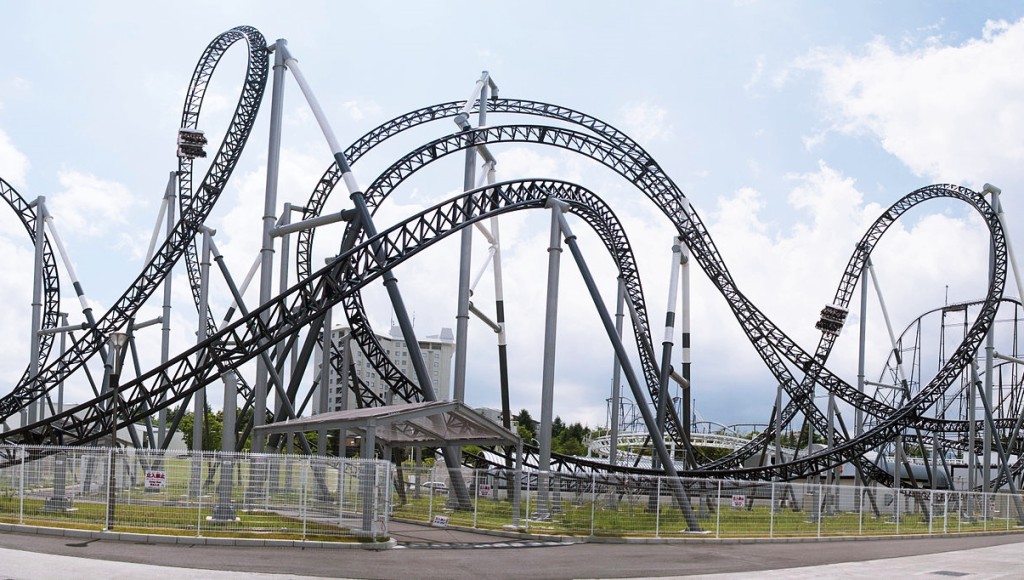Emergency euro summits being organised at the last minute. EU leaders discussing new proposals until late night. A conclusion is reached in the early morning: “we need another emergency summit“.
This is how it looked five years ago, when the EU fervently tried to find a solution to the Greek crisis. One that would allow Greece to stay in the eurozone and simultaneously protect other member states from a potential Greek “disease“. In the end, no real solution had been adopted. The problems were only swept under a rug and their re-emergence was only a matter of time. Another test of the European leaders‘ crisis management skills was inevitable. What followed can be summarised as five wasted years. I say wasted mainly for two following reasons.
First of all, after those five years, Greece found itself on the brink of economic and societal collapse. This is mostly the fault of Greek governments that refused to show any interest in modernization of Greek economy and society, but also of creditors that wanted Greece to do such nonsensical things as raising taxes.
Secondly, too much unfounded trust was given into the adopted mechanisms for protecting the eurozone against further crises. A Citigroup’s key economist effectively summarised it in Slovakian media with an example of the banking sector: “Today, we are perfectly capable of handling the last crisis. Unfortunately, we are as prepared for the next one as we were for the last one.“
And how ready are European leaders to handle a Greek crisis 2.0? Judge for yourselves: failed negotiations between Greece and its creditors, the Greek referendum, not paying the IMF, all this again led to an extreme activity of the responsible parties. We have seen a number of emergency discussions and conference calls of the eurozone’s ministers of finance. We have seen an emergency summit of the EU’s prime ministers in Brussels. And we are facing another summit this Sunday that is supposed to be absolutely crucial for the existence of the eurozone and the whole EU. Does it seem familiar? All this chaos is almost indistinguishable from the roller coaster of meetings in 2010. All this – now same as then – without any results!
If the hundreds of thousands of entrepreneurs, small and big businesses alike, took as long to deal with their daily existential crises, every last one of them would have already gone bankrupt. At the same time, politicians don’t have to worry about it. Will they finally find courage this Sunday? Will they stop sweeping the problems under a rug and finally end this whole circus? Or will they once again hide behind pseudo-solutions and prolong the agony of everyone – Greece, the eurozone and the EU?
Translation by Jakub Jablonický



